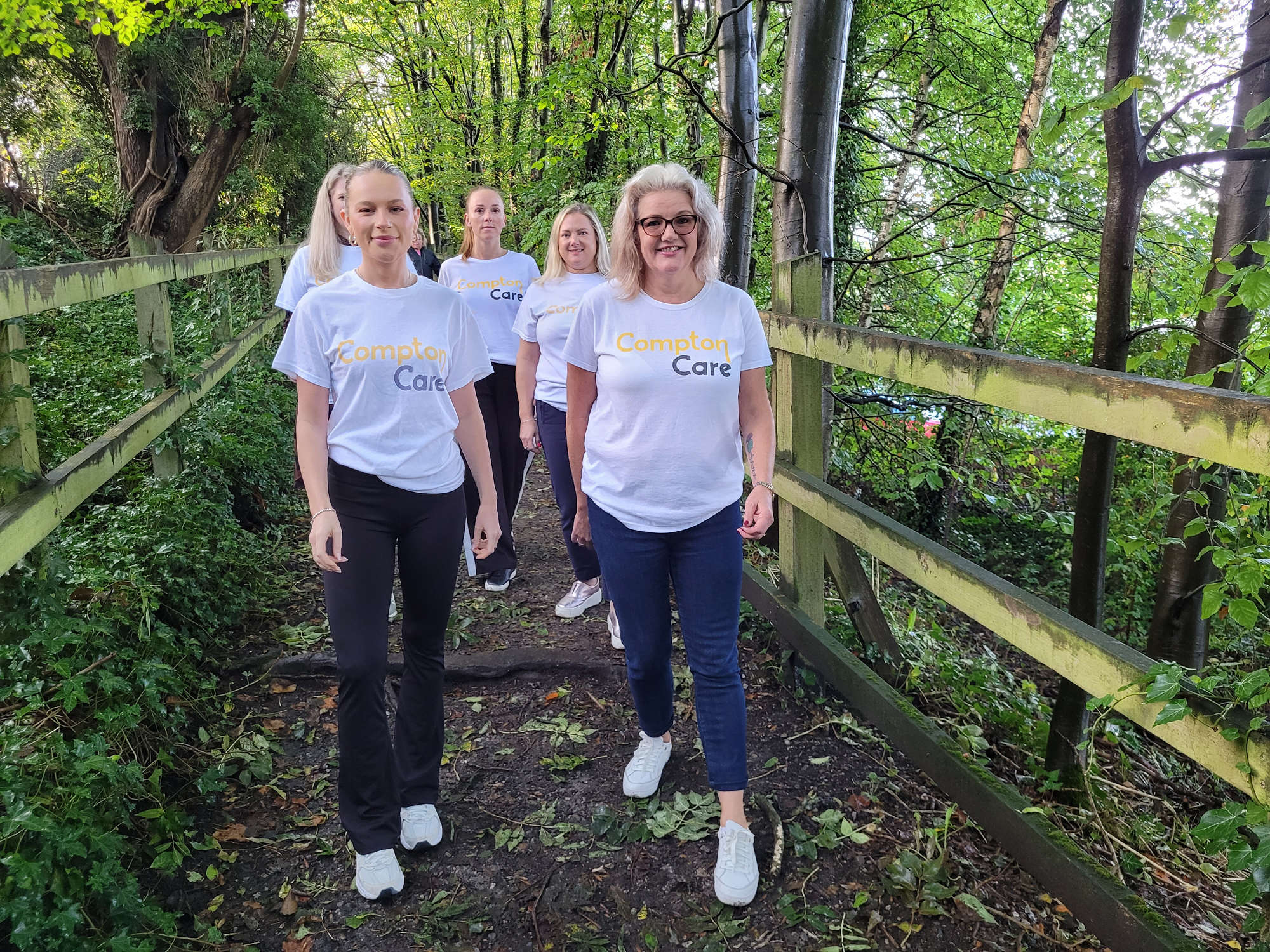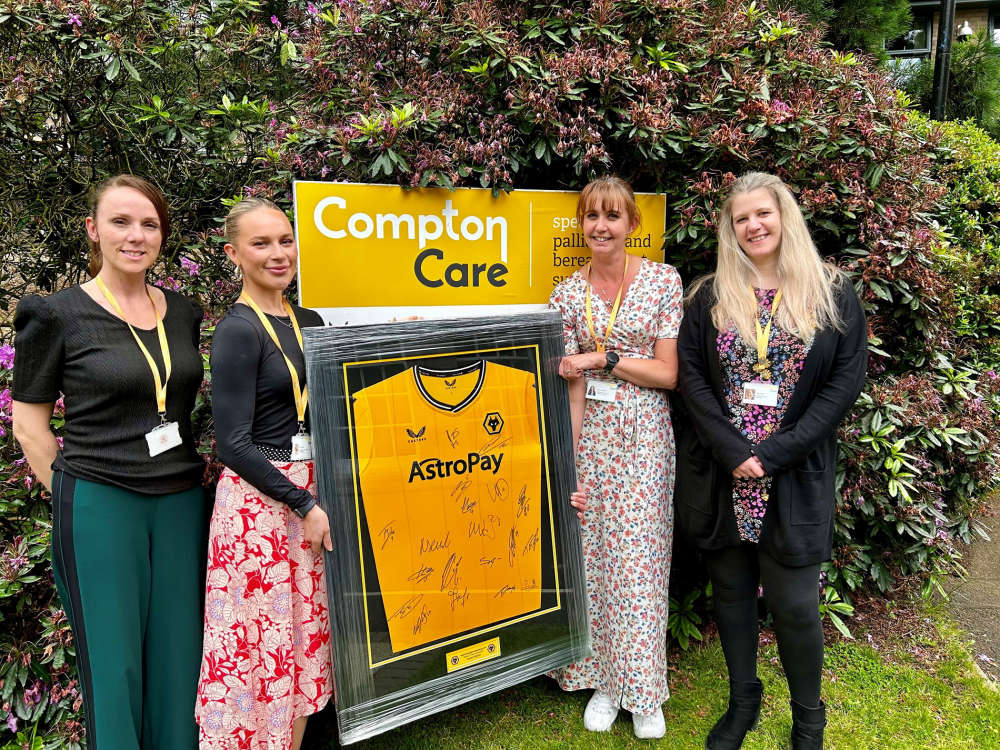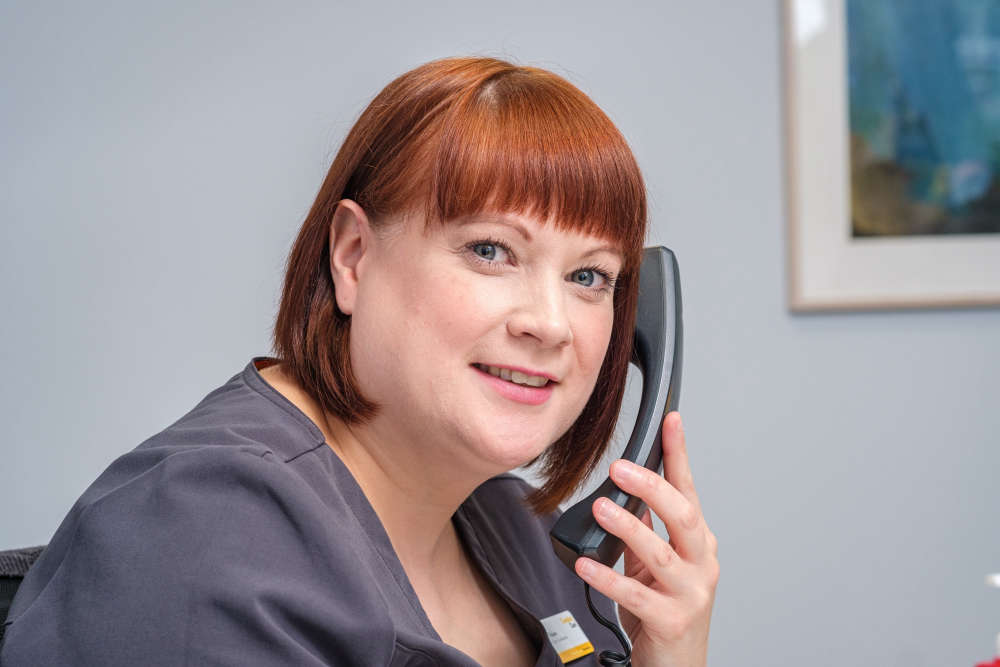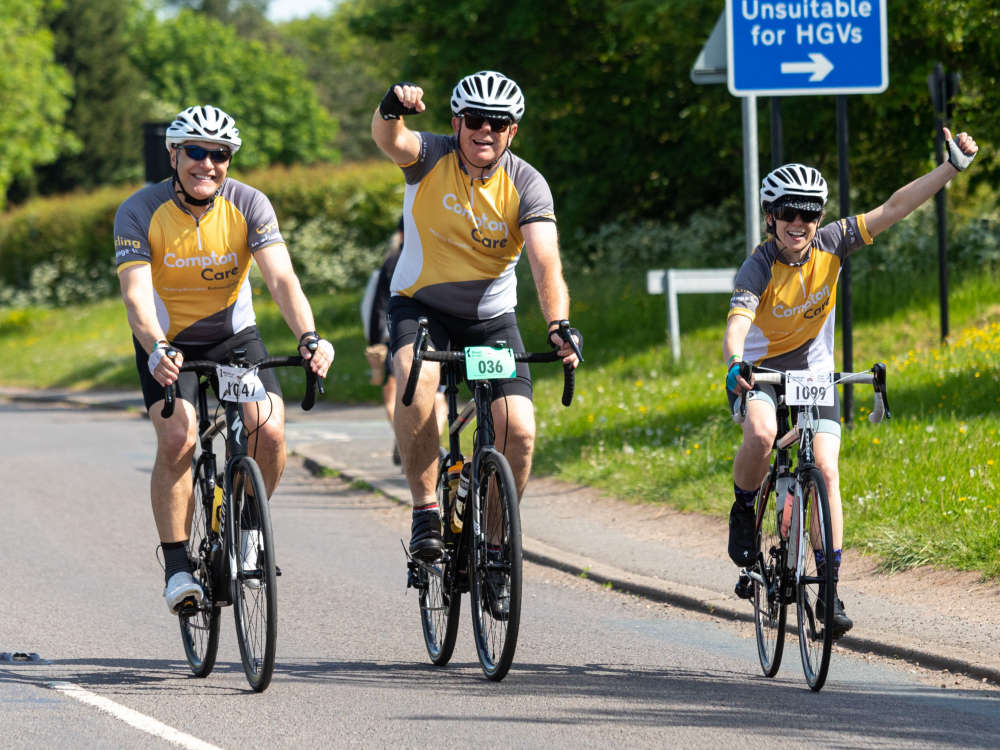
It might not be something you’re aware of, but just like ambulance service staff do on a daily basis, you have the ability to save someone’s life.
By learning how to do CPR (cardiopulmonary resuscitation) or refreshing your skills, you could help save the life of someone in cardiac arrest, which can happen to anyone, anywhere at any time.
That’s why West Midlands Ambulance Service has joined forces with the Resuscitation Council UK to encourage everybody to learn CPR skills, so they know what to do if someone collapses and stops breathing.
Every year across the UK there are around 60,000 cardiac arrests outside of a hospital setting yet only around one in ten of them will survive!
Ambulance crews start, or continue, resuscitation in approximately 30,000 of those cases but acting quickly is vital. A person’s chances of survival decrease by up to 10% for every minute without CPR or access to a defibrillator; that means it is absolutely vital that the person receives rapid action by people at the scene, whether they are a loved one, friend or complete stranger.
With people now getting into closer proximity to family, friends, colleagues, and strangers due to the easing of lockdown restrictions, it is increasingly important everyone has the skills to save a life and knows how to keep themselves safe.
A UK-wide survey carried out on behalf of the Resuscitation Council UK in September 2020 revealed that over a third of UK adults (36%) have not received any type of training on how to help someone experiencing a cardiac arrest.
WMAS Chief Executive Anthony Marsh, said: “When our staff arrive at the scene of a cardiac arrest, there is nothing that can help them more than if bystanders have already started CPR, as this undoubtedly gives the patient the best chance of survival.
“Ambulance staff receive incredible levels of praise from the public for saving lives, but you have the ability to do it too. Imagine how it feel to know you had played a part in saving someone’s life. Imagine how it would feel if you had been in that position but not known what to do to help.
“I urge everyone to learn how to do CPR as soon as possible, you never know when you might be required to try and save someone’s life.”
RCUK Guidelines 2021 highlight that:
- Recognising a cardiac arrest remains a key priority as it is the first step in triggering the correct emergency response
- Witnesses need to recognise a cardiac arrest has occurred in any unresponsive person with absent or abnormal breathing
· Call 999. The ambulance call handler will assist you with instructions for confirming cardiac arrest, starting compression-only CPR, and locating, retrieving, and using an automated external defibrillator (AED) if there is one nearby
· Start chest compressions as soon as possible and continue without stopping or leaving the person
· Send someone to fetch the AED if it is available and bring it to the scene of the cardiac arrest
Sue Hampshire, Director of Clinical and Service Development at Resuscitation Council UK, said: “We want everybody to feel able to do something, to act quickly and not to hesitate or worry about causing harm to the person they are trying to help. No greater harm can occur than failing to act when someone requires CPR and defibrillation.
“We understand people may feel nervous about doing CPR because of COVID-19, and that’s why we currently advise that you do chest compression only CPR and don’t put your face near the person who has collapsed when checking for breathing.”
To learn CPR today, visit: www.resus.org.uk/watch

 Charity Trade Event to Celebrate Brewers Decorator Centres Wolverhampton’s 2nd Birthday
Charity Trade Event to Celebrate Brewers Decorator Centres Wolverhampton’s 2nd Birthday
 Local charity invites you to ‘Walk for Compton’
Local charity invites you to ‘Walk for Compton’
 Win a signed Wolves shirt! And support local specialist palliative care charity, Compton Care
Win a signed Wolves shirt! And support local specialist palliative care charity, Compton Care
 TV Star and DJ, Jordan Davies to Appear at Wolverhampton's Gorgeous Nightclub
TV Star and DJ, Jordan Davies to Appear at Wolverhampton's Gorgeous Nightclub
 Kelly Walker-Reed Steps Down as CEO of Wolverhampton LGBT+
Kelly Walker-Reed Steps Down as CEO of Wolverhampton LGBT+
 Compton Care opens new community hub in Dudley *Exclusive offers and goody bags available!
Compton Care opens new community hub in Dudley *Exclusive offers and goody bags available!
 The way we talk about Dying Matters - Compton Care gives expert advice during national awareness week
The way we talk about Dying Matters - Compton Care gives expert advice during national awareness week
 Saddle up! Only a few weeks left to sign up for Compton Care’s Round the Wrekin cycling event!
Saddle up! Only a few weeks left to sign up for Compton Care’s Round the Wrekin cycling event!





Comments
Add a comment